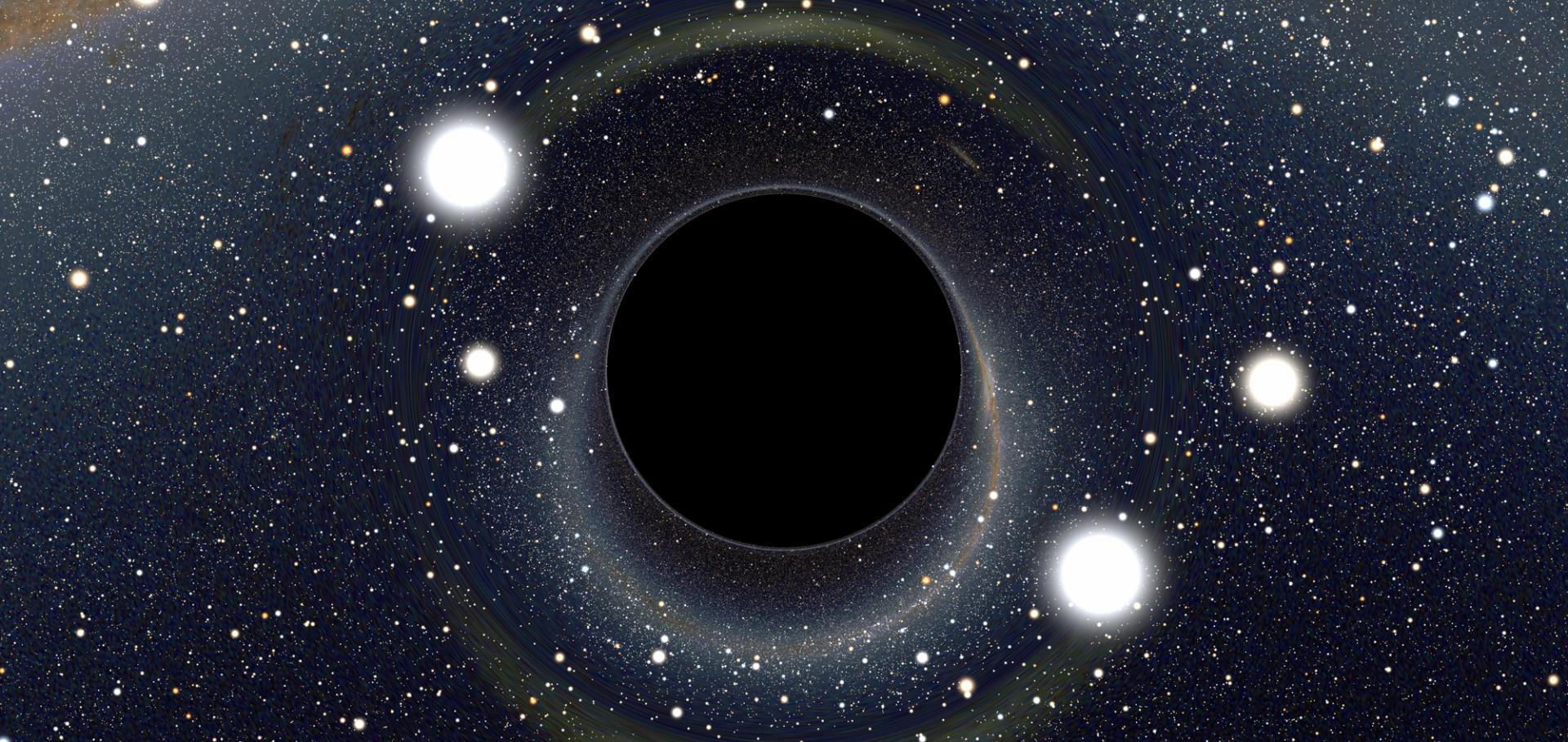The scatter in the galaxy-halo connection: a machine learning analysis
Monthly Notices of the Royal Astronomical Society Oxford University Press 514:3 (2022) 4026-4045
Abstract:
We apply machine learning (ML), a powerful method for uncovering complex correlations in high-dimensional data, to the galaxy-halo connection of cosmological hydrodynamical simulations. The mapping between galaxy and halo variables is stochastic in the absence of perfect information, but conventional ML models are deterministic and hence cannot capture its intrinsic scatter. To overcome this limitation, we design an ensemble of neural networks with a Gaussian loss function that predict probability distributions, allowing us to model statistical uncertainties in the galaxy-halo connection as well as its best-fitting trends. We extract a number of galaxy and halo variables from the Horizon-AGN and IllustrisTNG100-1 simulations and quantify the extent to which knowledge of some subset of one enables prediction of the other. This allows us to identify the key features of the galaxy-halo connection and investigate the origin of its scatter in various projections. We find that while halo properties beyond mass account for up to 50 per cent of the scatter in the halo-To-stellar mass relation, the prediction of stellar half-mass radius or total gas mass is not substantially improved by adding further halo properties. We also use these results to investigate semi-Analytic models for galaxy size in the two simulations, finding that assumptions relating galaxy size to halo size or spin are not successful.Constraints on quantum gravity and the photon mass from gamma ray bursts
Physical Review D American Physical Society 104:10 (2021) 103516
Abstract:
Lorentz invariance violation in quantum gravity (QG) models or a nonzero photon mass, mγ, would lead to an energy-dependent propagation speed for photons, such that photons of different energies from a distant source would arrive at different times, even if they were emitted simultaneously. By developing source-by-source, Monte Carlo-based forward models for such time delays from gamma ray bursts, and marginalizing over empirical noise models describing other contributions to the time delay, we derive constraints on mγ and the QG length scale, ℓQG, using spectral lag data from the BATSE satellite. We find mγ<4.0×10-5 h eV/c2 and ℓQG<5.3×10-18 h GeV-1 at 95% confidence, and demonstrate that these constraints are robust to the choice of noise model. The QG constraint is among the tightest from studies which consider multiple gamma ray bursts and the constraint on mγ, although weaker than from using radio data, provides an independent constraint which is less sensitive to the effects of dispersion by electrons.Testing the Strong Equivalence Principle. II. Relating the External Field Effect in Galaxy Rotation Curves to the Large-scale Structure of the Universe
The Astrophysical Journal American Astronomical Society 921:2 (2021) 104
Catalogues of voids as antihalos in the local Universe
(2021)
Abstract:
A recently-proposed algorithm identifies voids in simulations as the regions associated with halos when the initial overdensity field is negated. We apply this method to the real Universe by running a suite of constrained simulations of the 2M++ volume with initial conditions inferred by the BORG algorithm, along with the corresponding inverted set. Our 101 inverted and uninverted simulations, spanning the BORG posterior, each identify ~150,000 "voids as antihalos" with mass exceeding $4.36\times10^{11} \: \mathrm{M_\odot}$ (100 particles) at $z=0$ in a full-sky sphere of radius 155 Mpc/h around the Milky Way. We calculate the size function, volume filling fraction, ellipticity, central and average density, specific angular momentum, clustering and stacked density profile of the voids, and cross-correlate them with those produced by VIDE on the same simulations. We make our antihalo and VIDE catalogues publicly available.Constraints on equivalence principle violation from gamma ray bursts
Physical Review D American Physical Society 104 (2021) 084025


